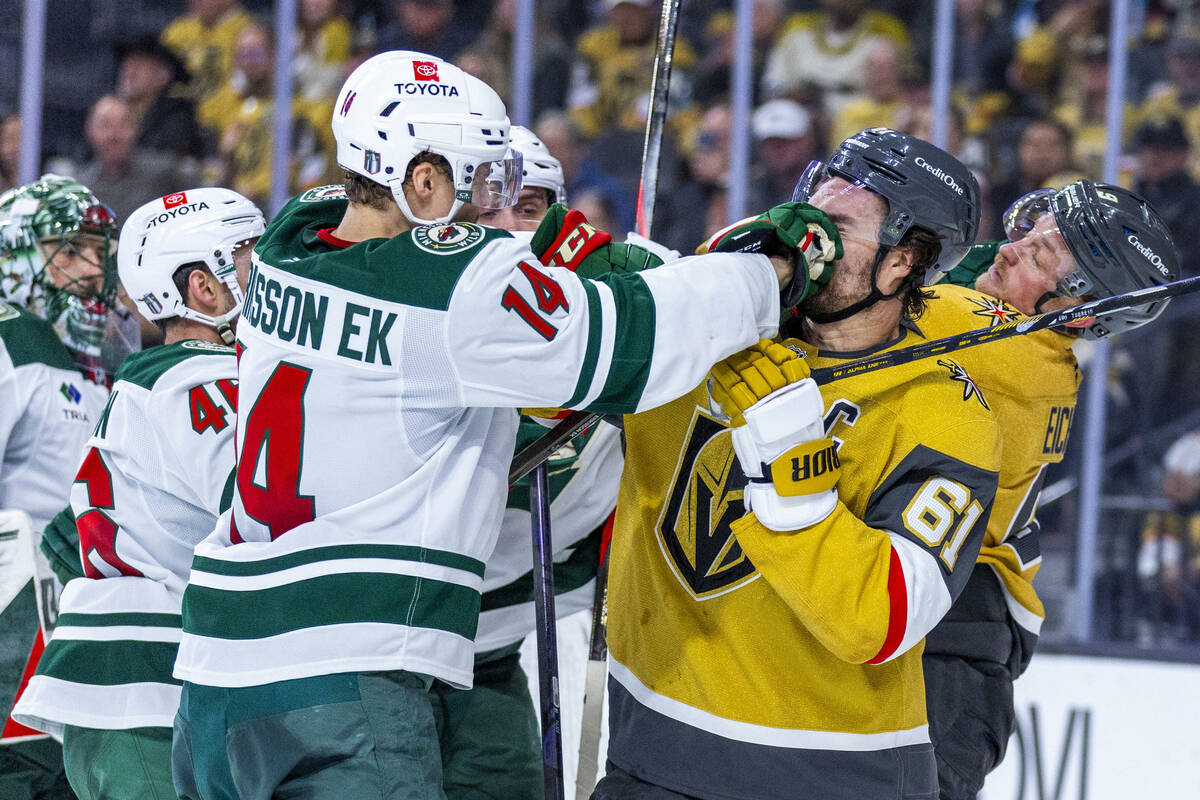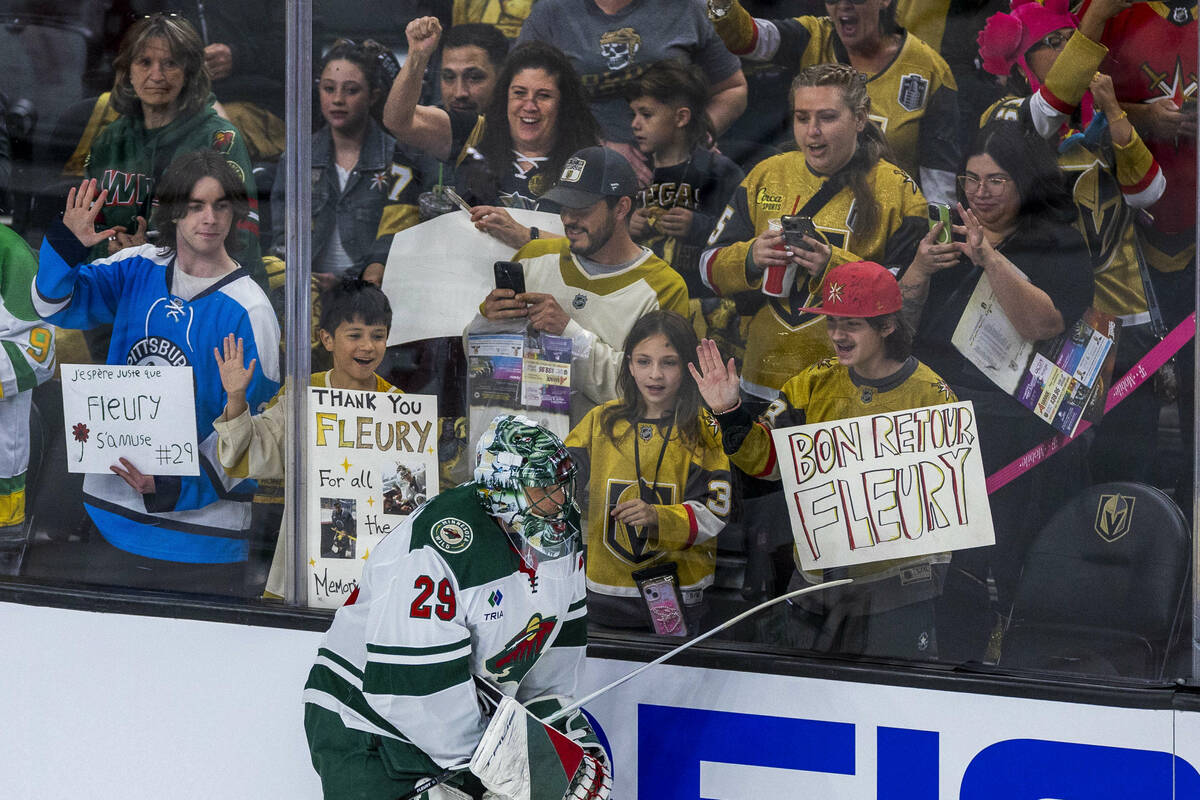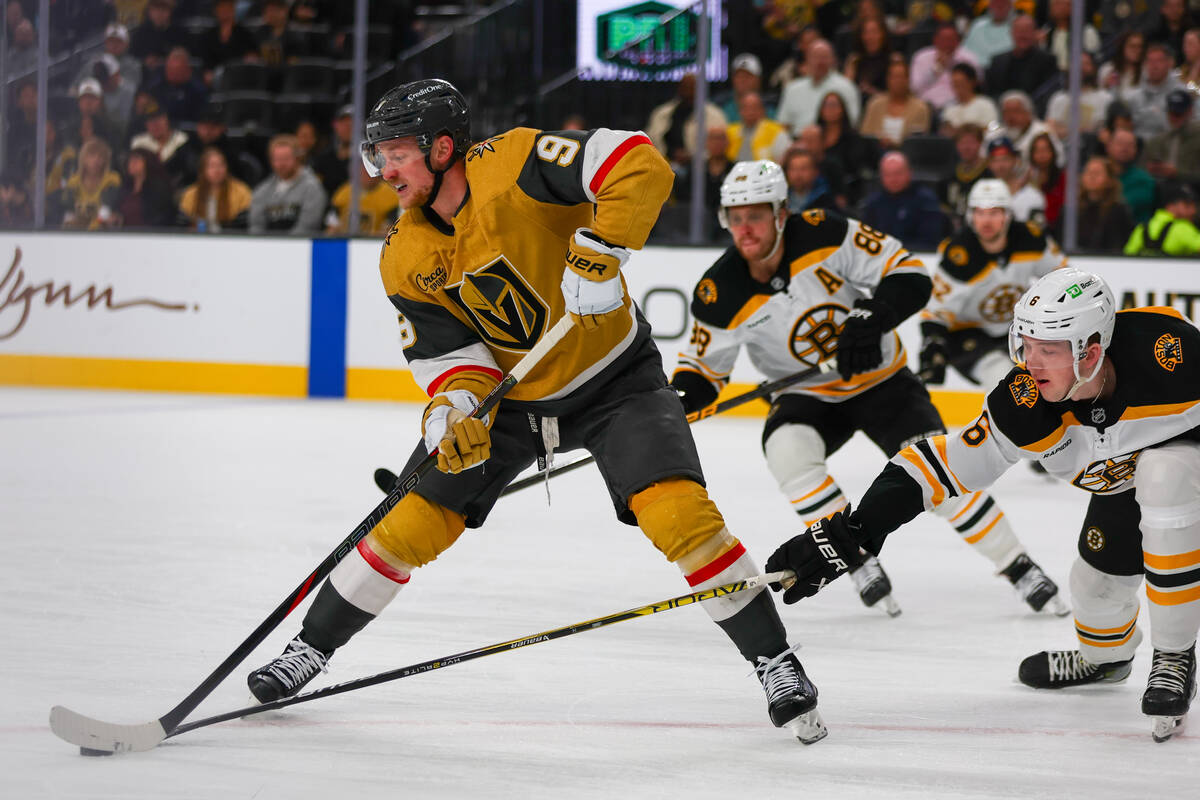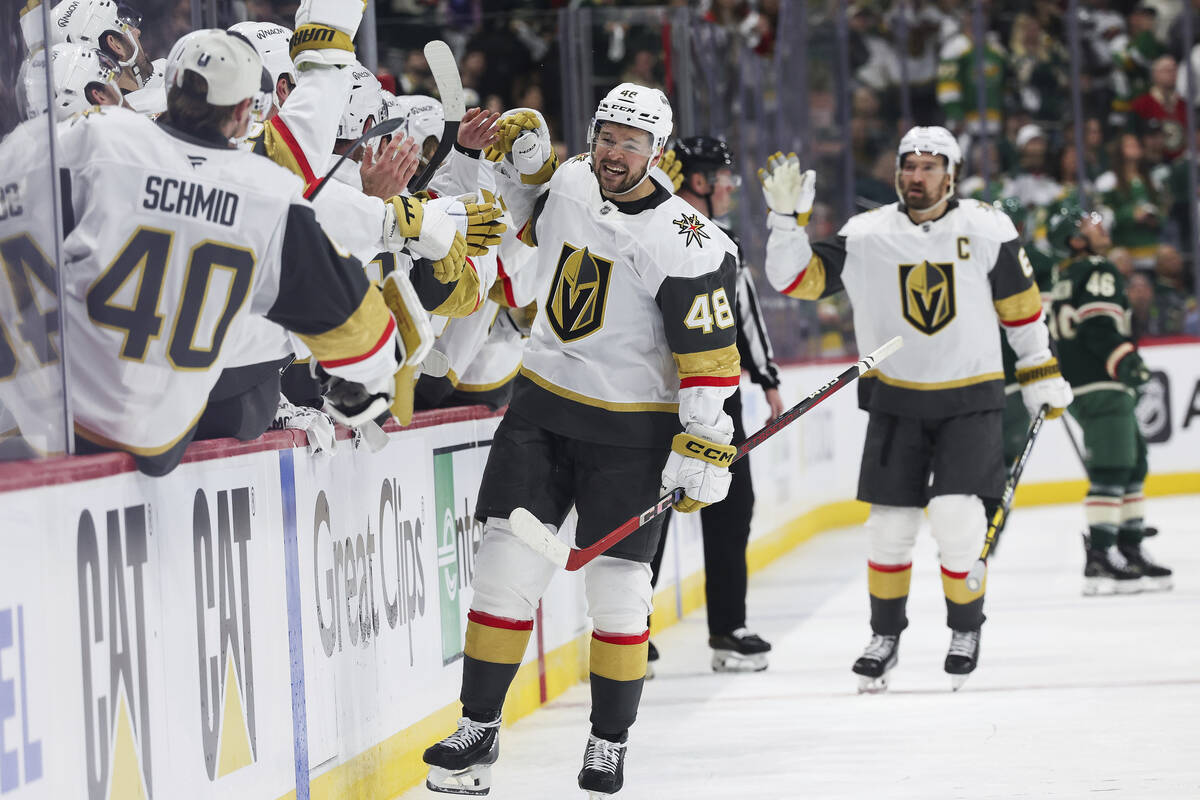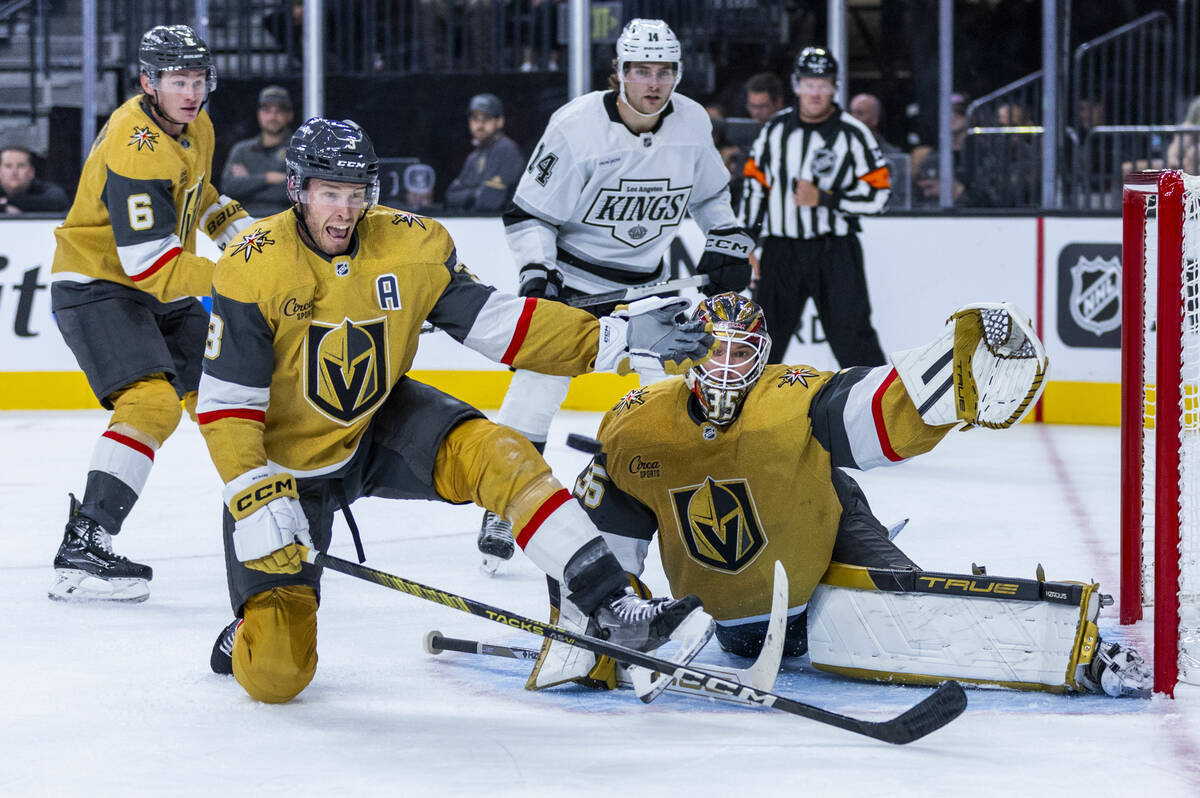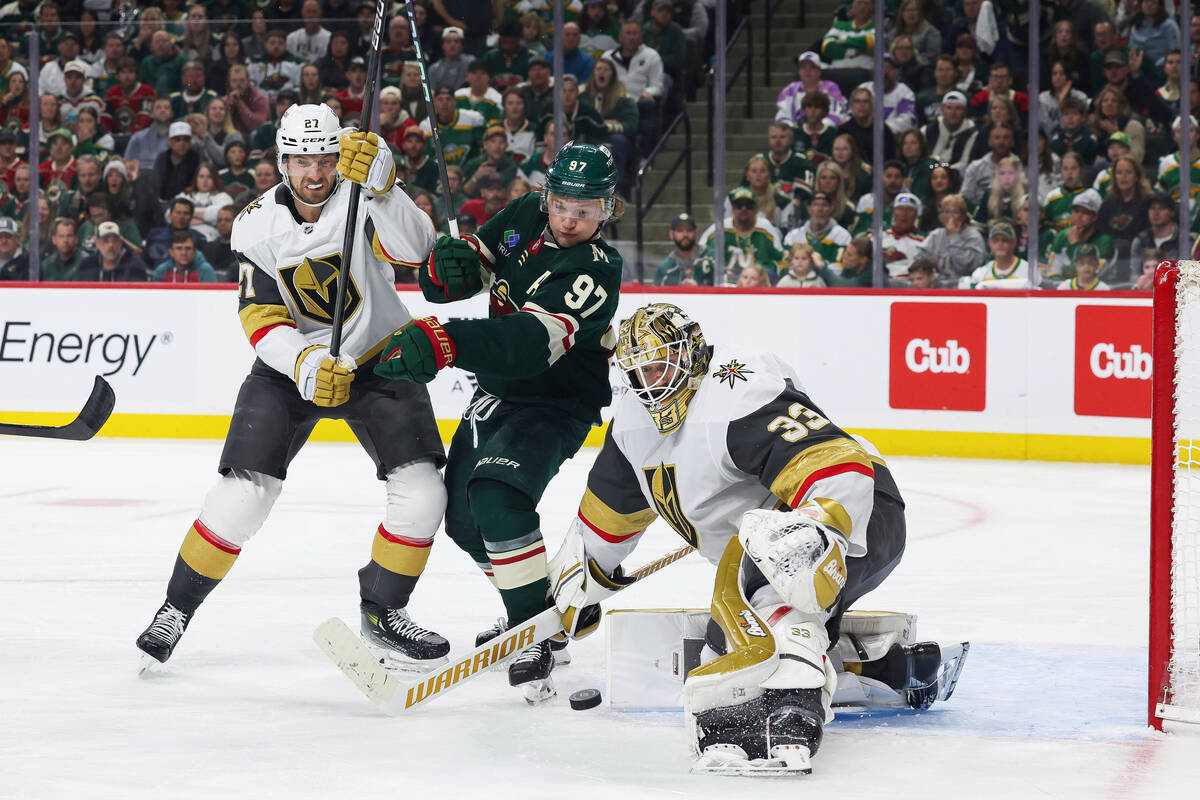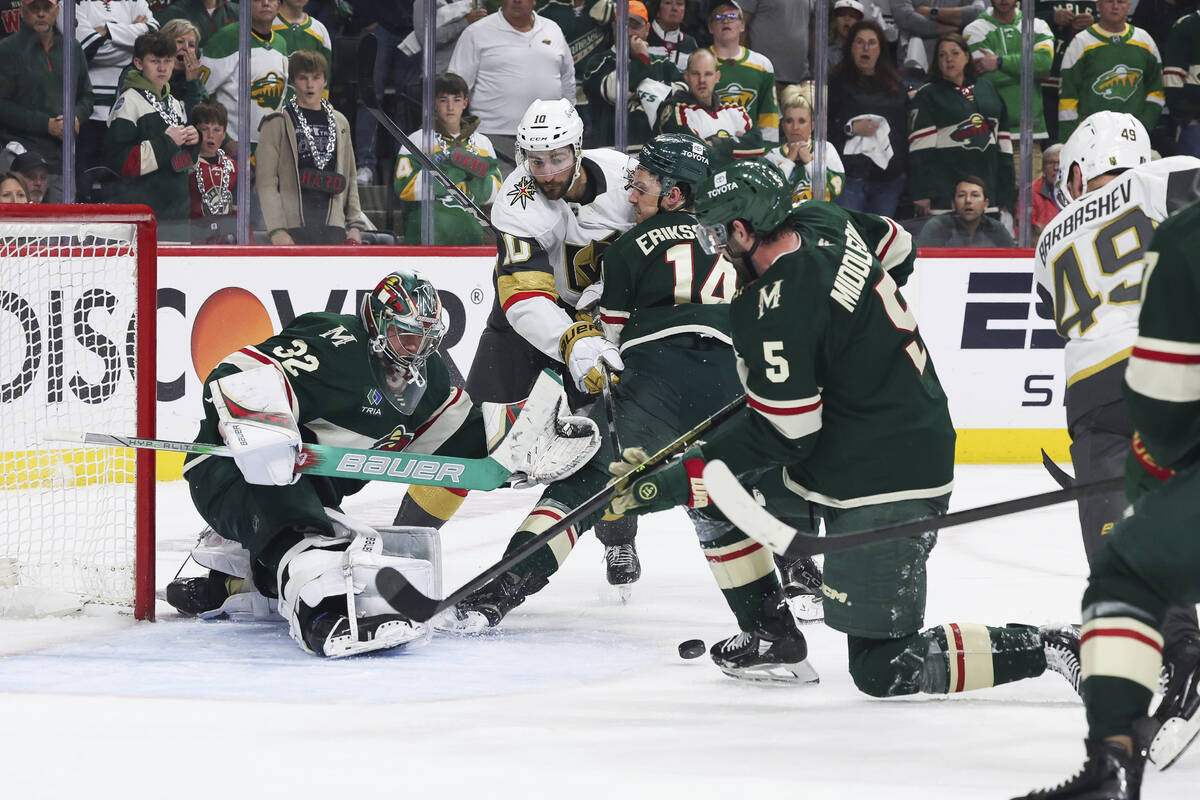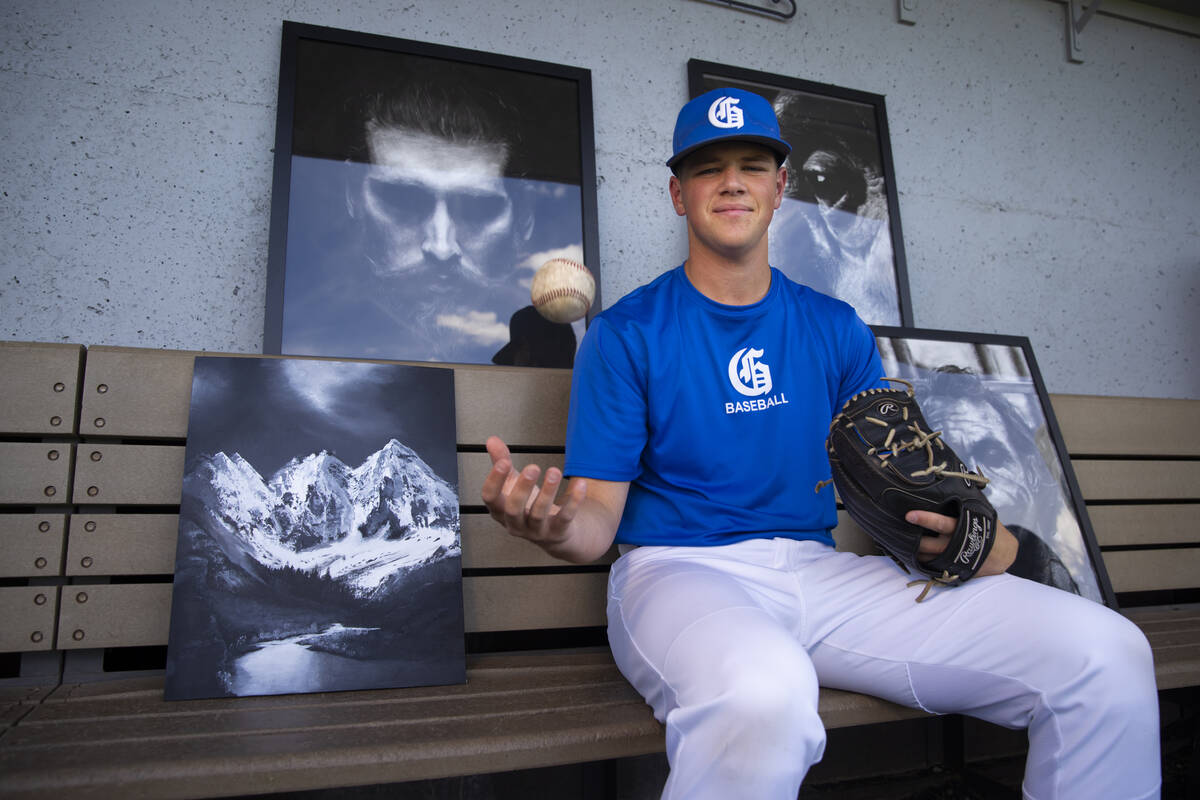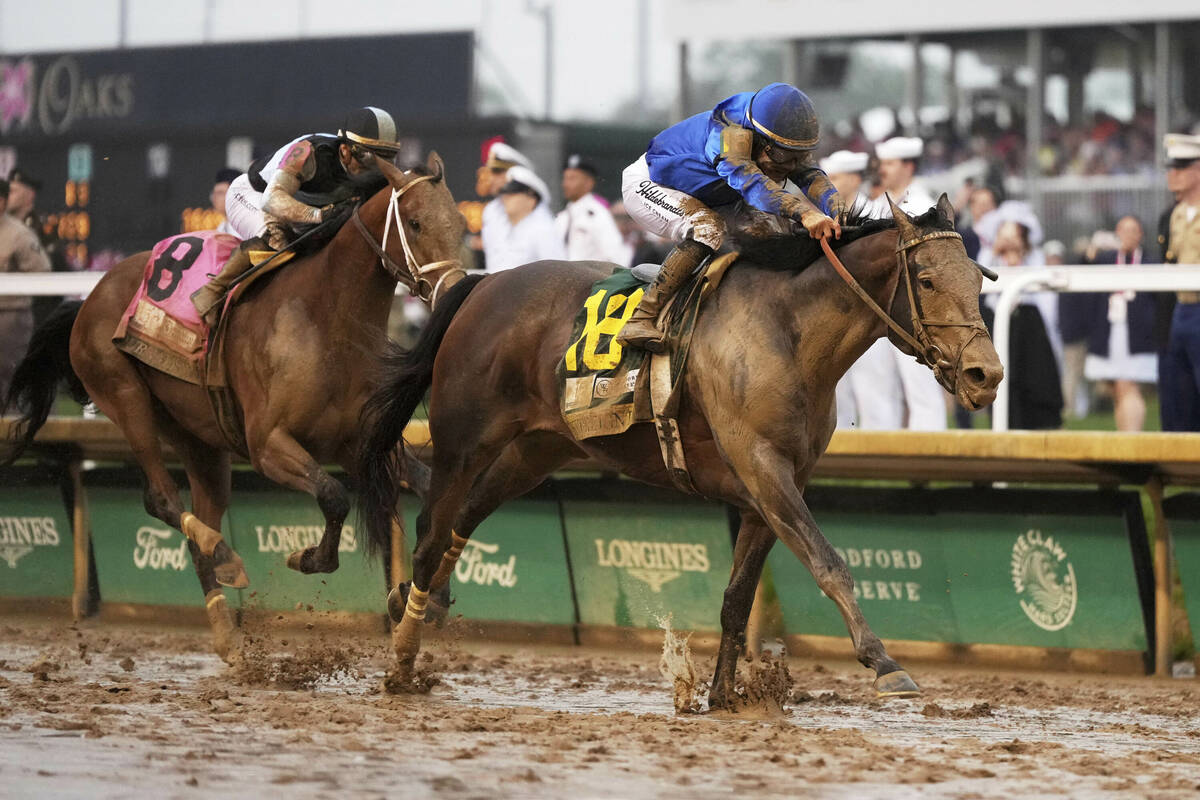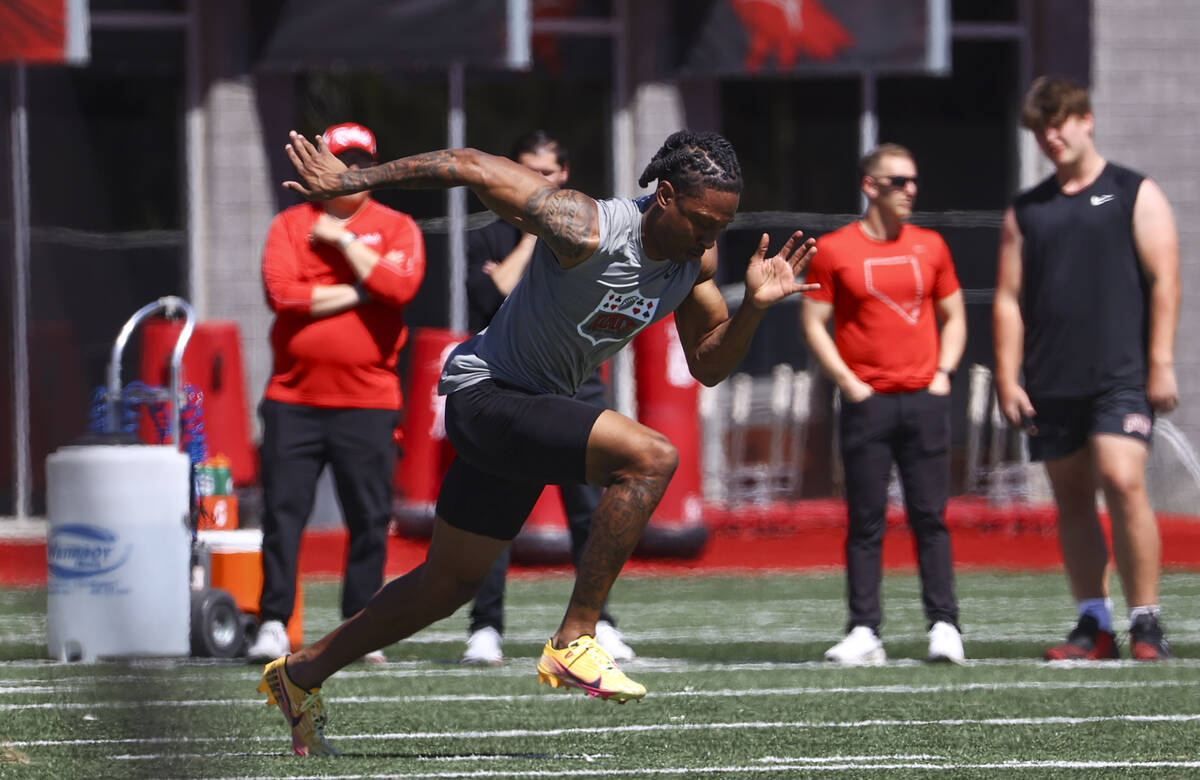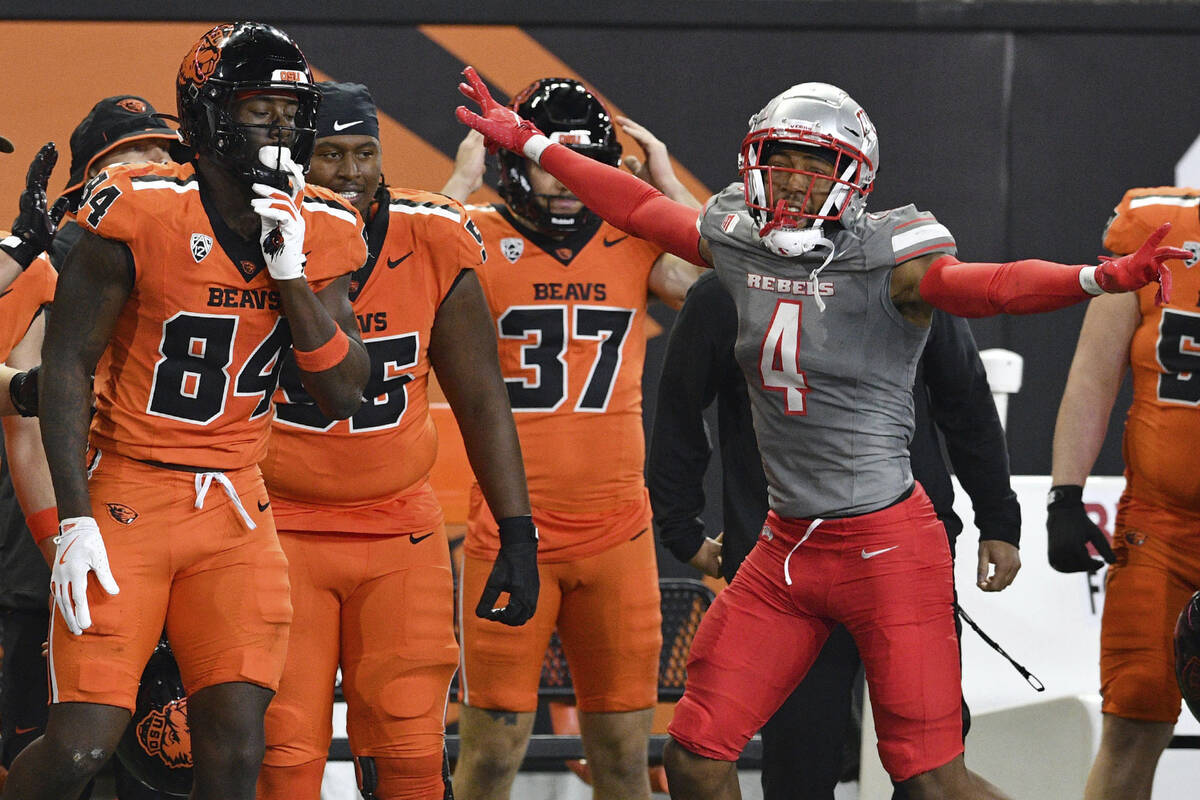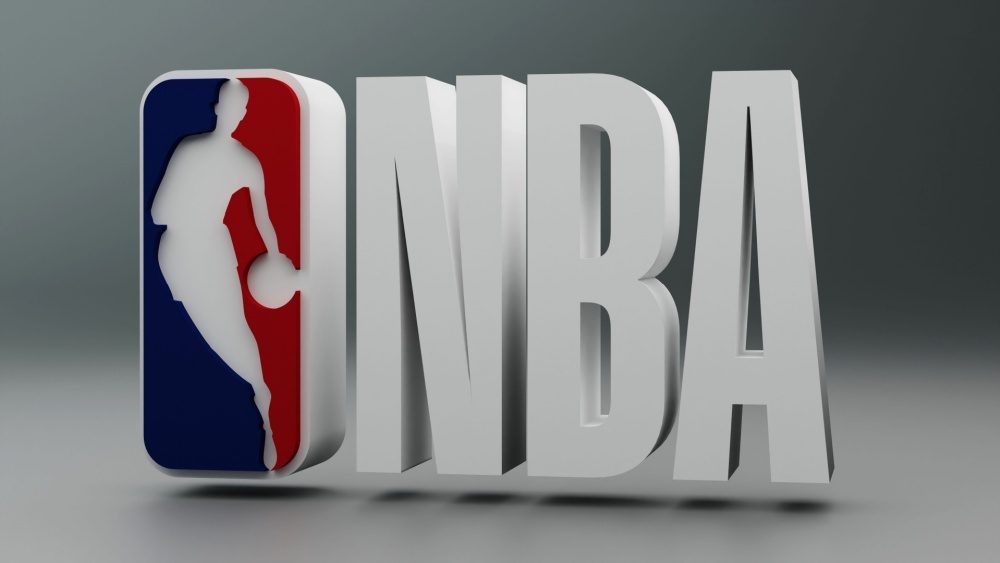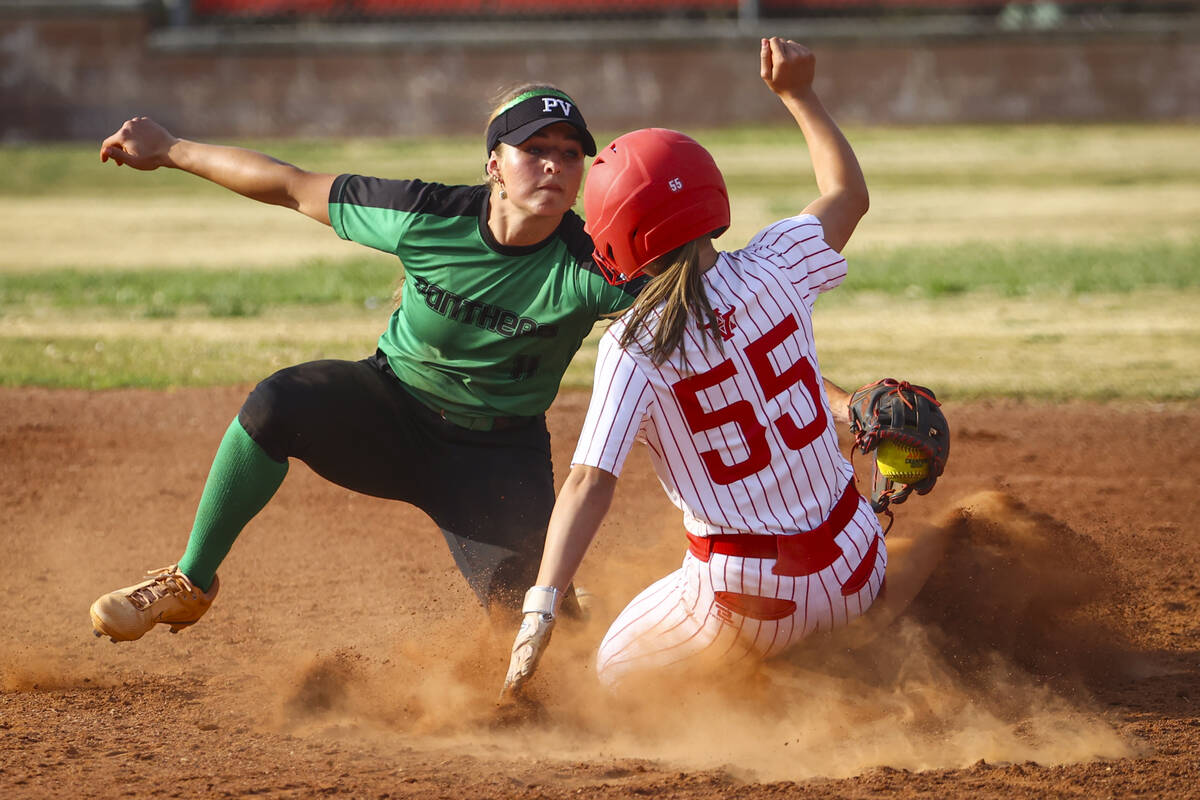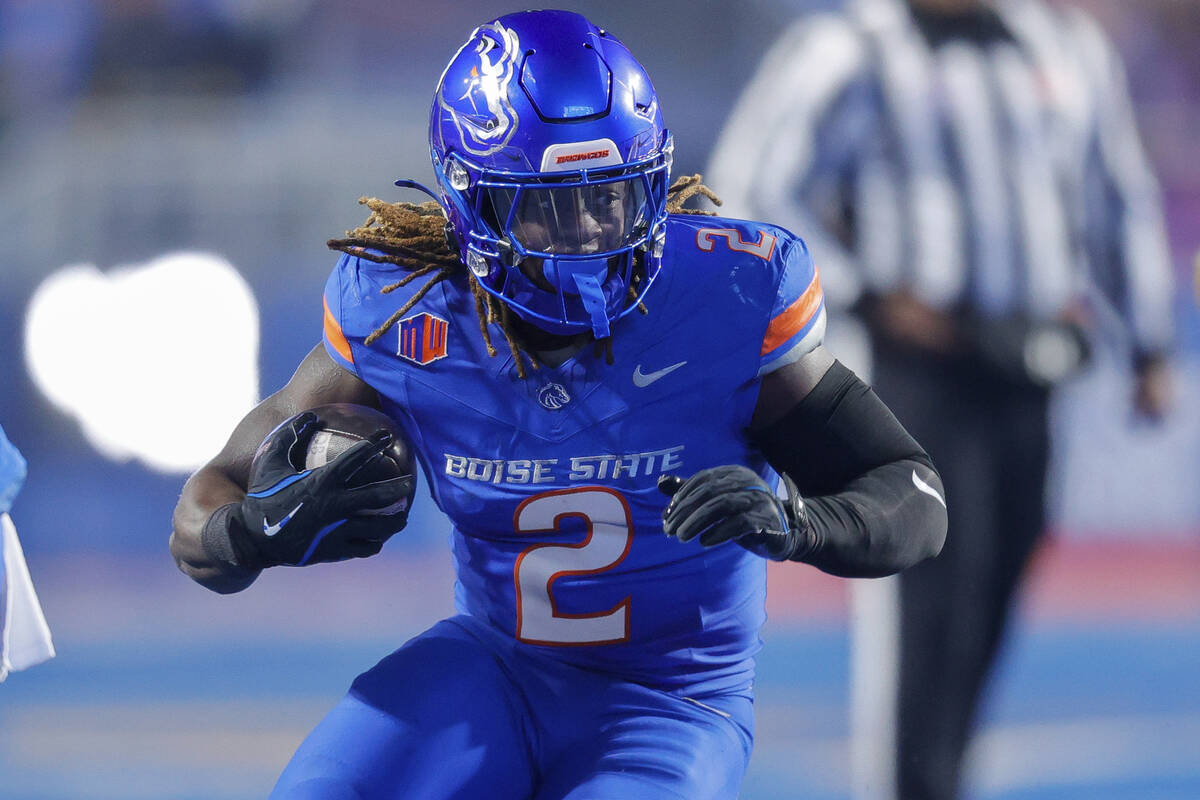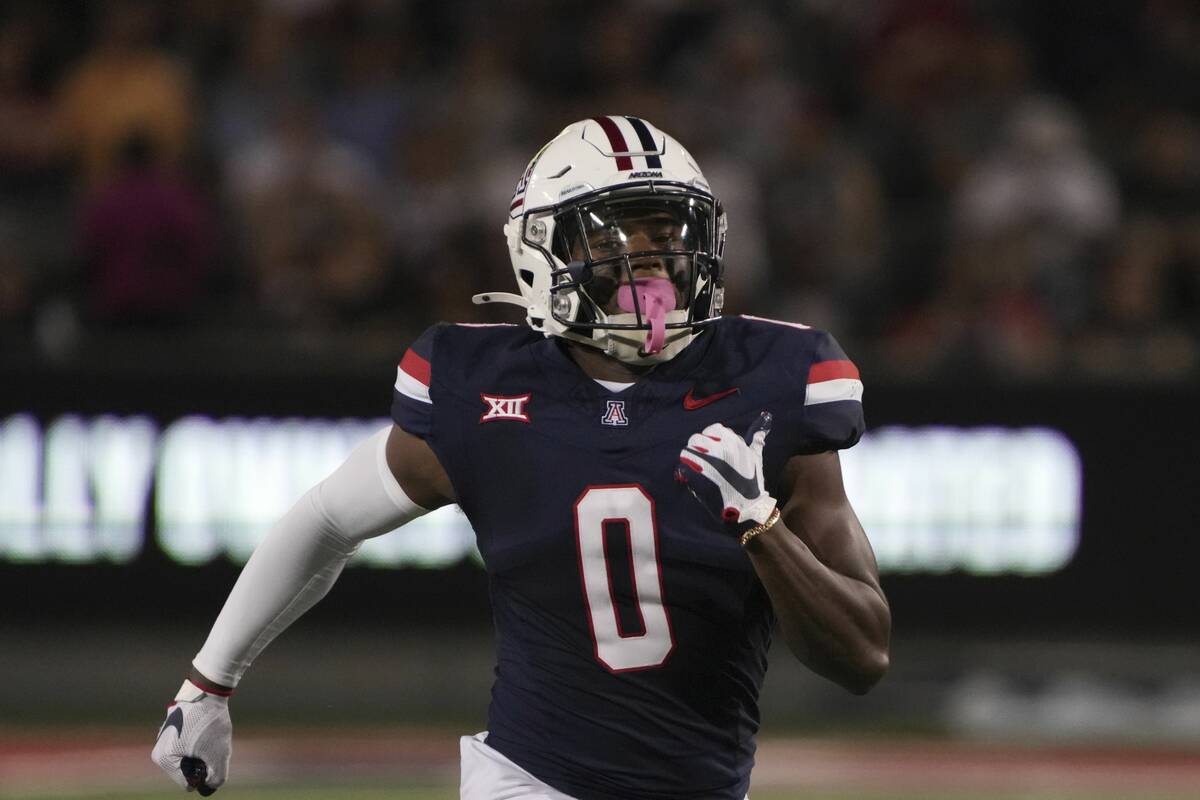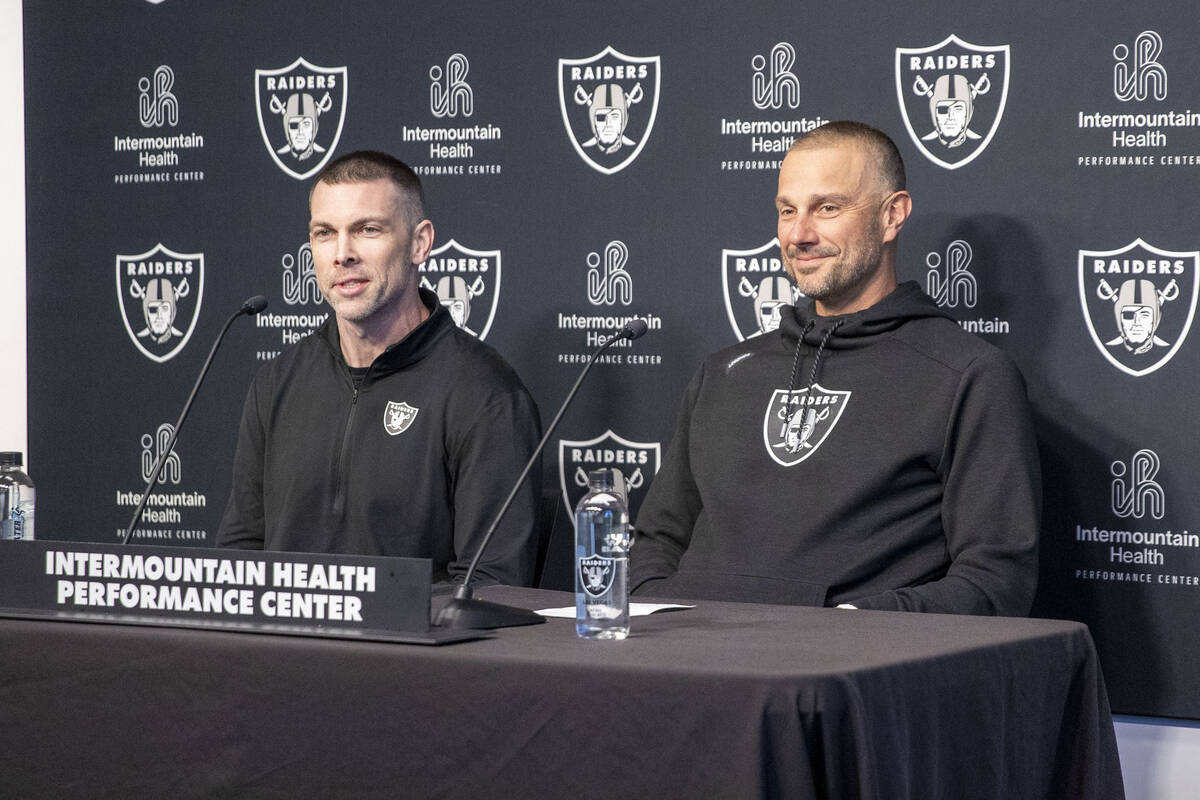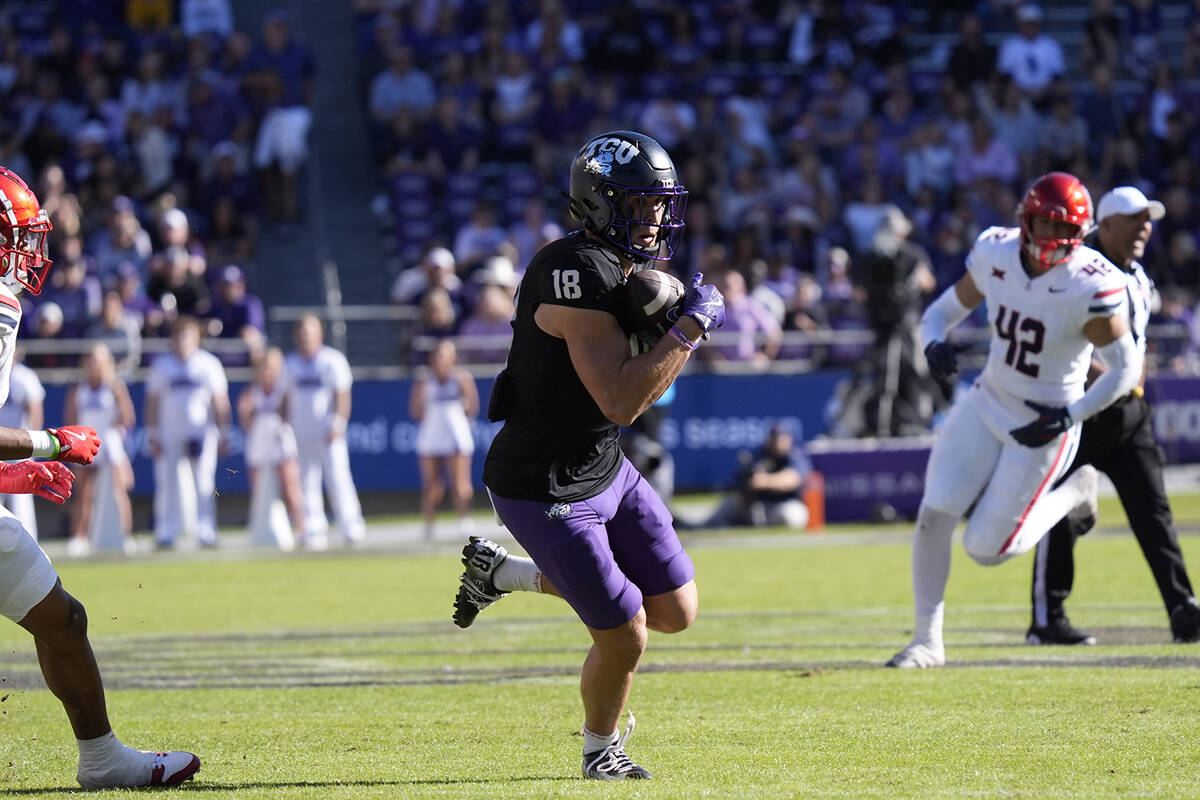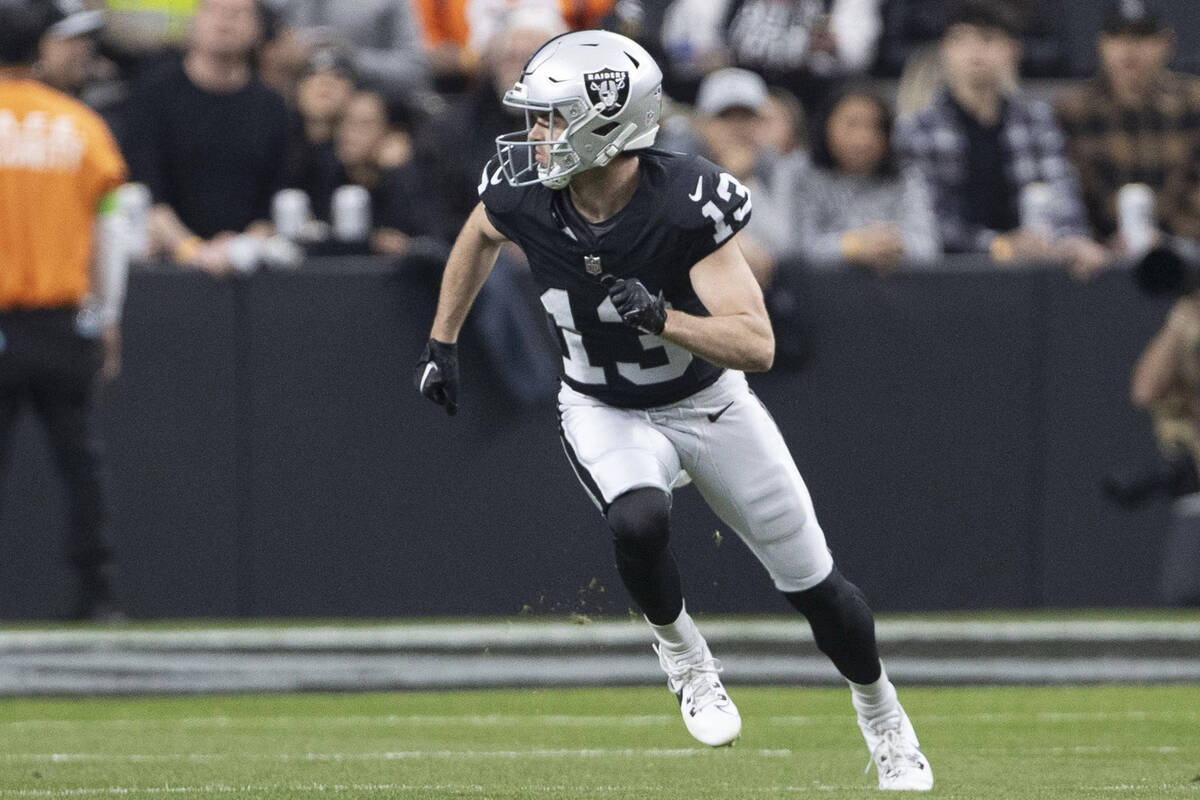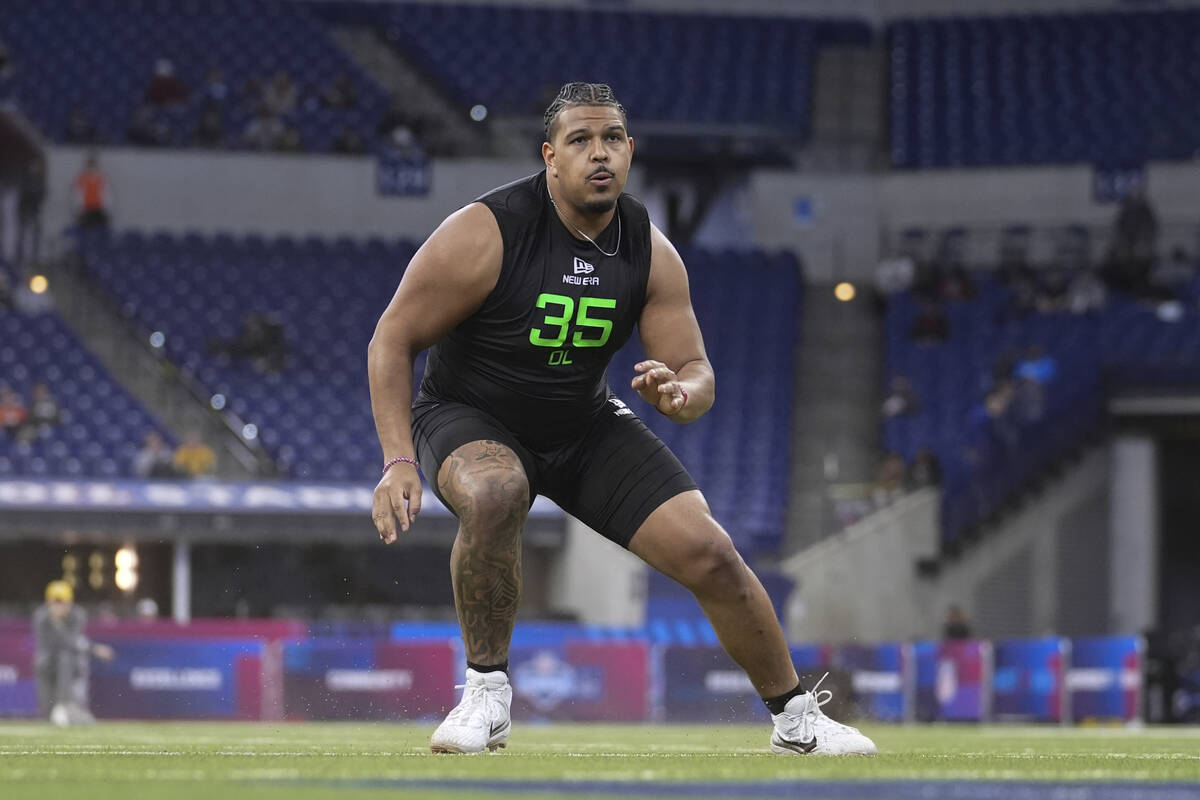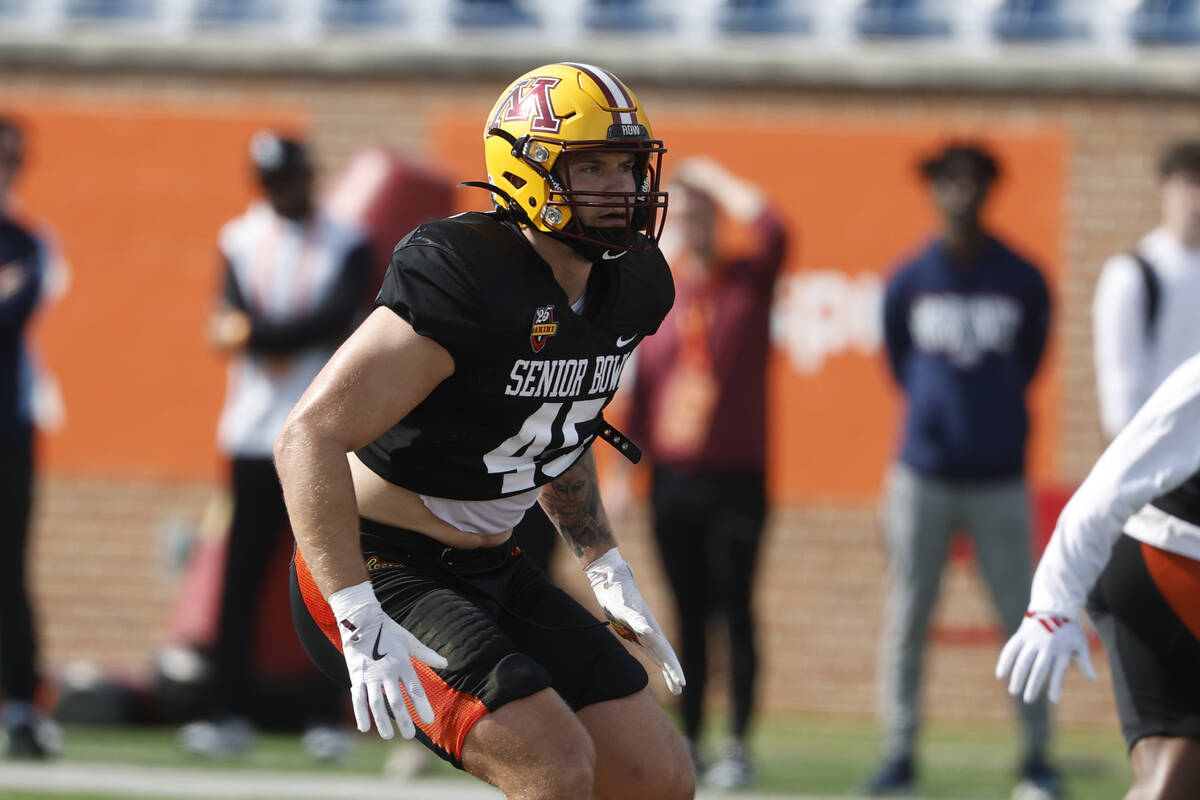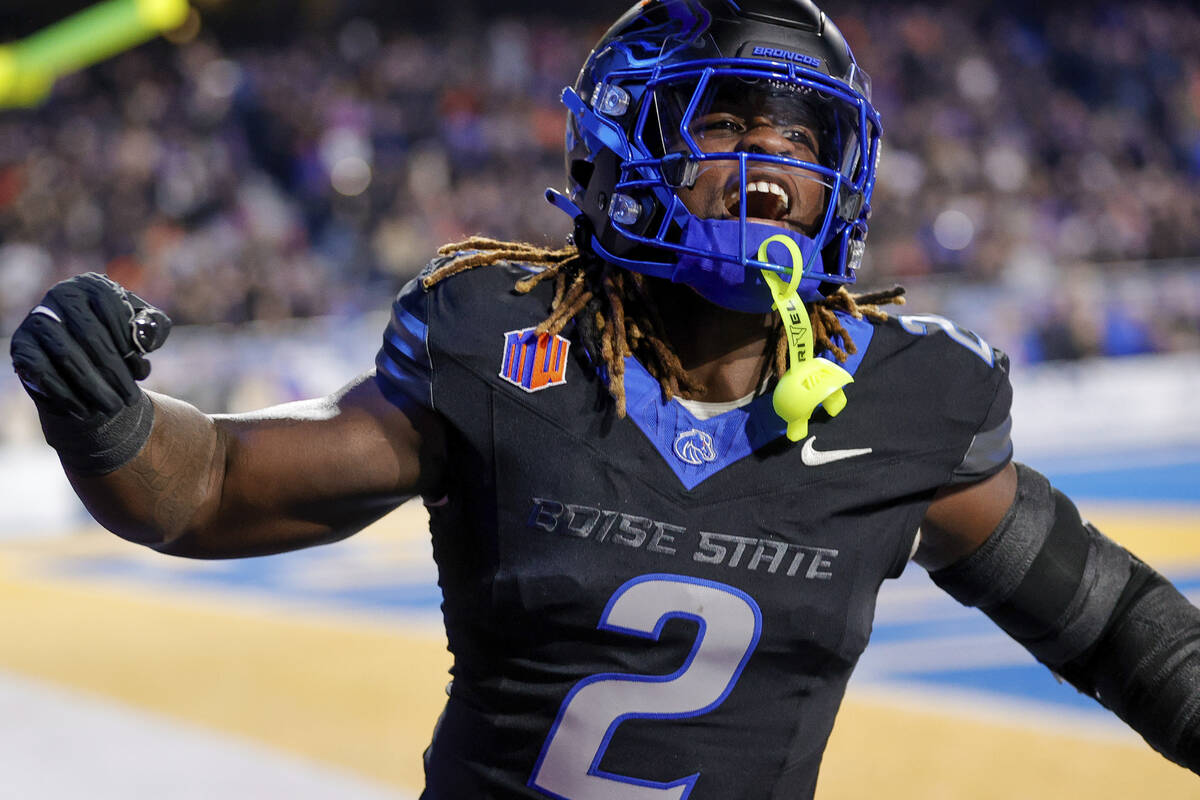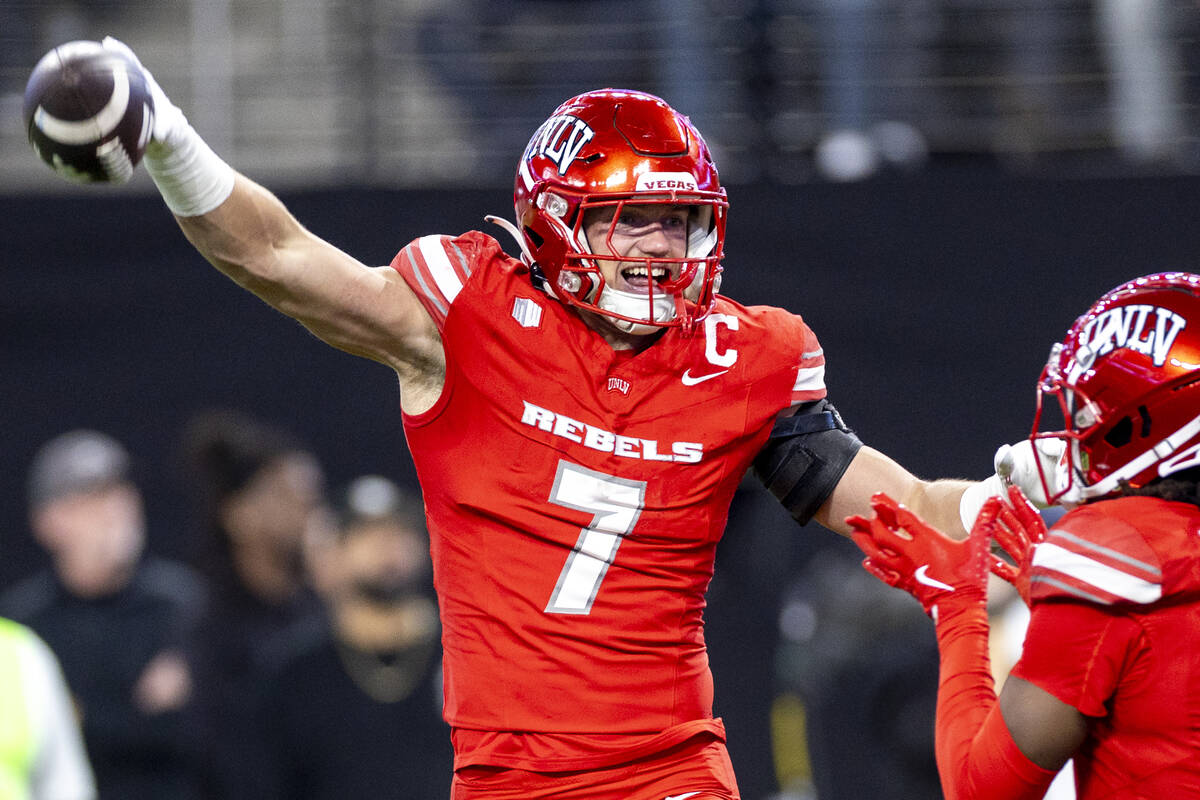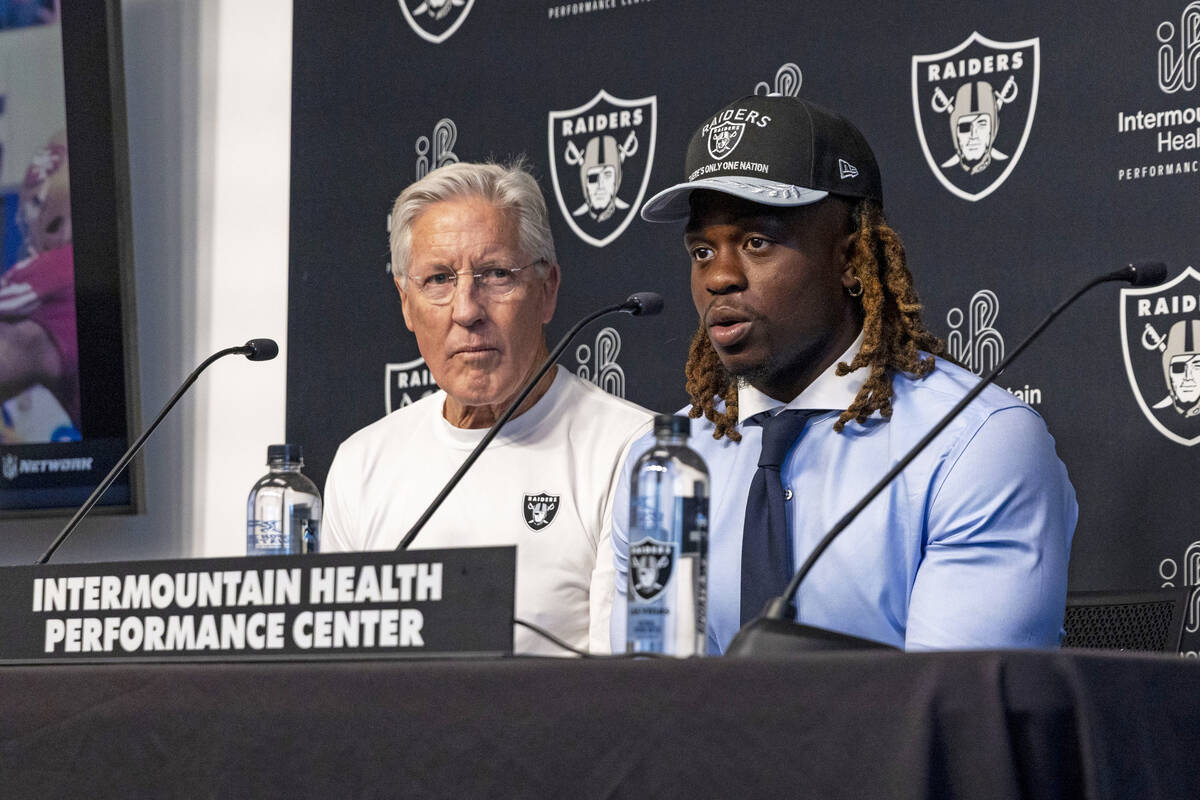ST. PAUL, Minn. — It’s not lost on the Golden Knights that the Minnesota Wild were a top team in the league before the injury bug struck.
If this matchup had been discussed in December, the first thought would have been a Western Conference Final preview, not a first-round matchup with one team as a wild card.
The Knights got every bit of the physical, difficult series they expected from Minnesota, but they made enough plays at both ends of the ice to preserve a 3-2 win in Game 6 on Thursday at Xcel Energy Center and advance to the second round.
Next up: A date with the Edmonton Oilers in a rematch from two seasons ago that the Knights won in six games.
“Minnesota, they’re a good hockey team,” goaltender Adin Hill said. “That’s a very good team over there. They play a hard game. They made it challenging for us.”
ONTO 👏 ROUND 👏 2 👏
Let us know how you’re feeling 🤩👇 pic.twitter.com/UwHHkbRL7d
— y-Vegas Golden Knights (@GoldenKnights) May 2, 2025
The Knights will have some time to enjoy what turned out to be a grind of a series in which they had to rally from down 2-1 and win three straight.
Here are four reasons why the Knights are moving on to the second round:
1. Eichel, Stone respond
For as deep as the Knights are — and depth will be key moving forward — there are times the stars need to take over.
After a slow start, center Jack Eichel and captain Mark Stone did just that.
The series couldn’t have started worse for the Knights’ two stars. Three games in, neither of them had a point.
Eichel and Stone had to worry about their own offensive game while watching Wild wingers Kirill Kaprizov and Matt Boldy dominate on the other side.
The tide turned in the third period of Game 4 when coach Bruce Cassidy drastically shook up his forward lines, which included splitting Eichel and Stone from the top line.
Ultimately, the series ended with the two needing to be reunited after all. An undisclosed injury to right wing Pavel Dorofeyev forced coach Bruce Cassidy to put Stone back with Eichel — with William Karlsson at left wing — for Game 6.
The Knights needed their top line to be better than Minnesota’s for just one night. Eichel and Stone scored both of the Knights’ goals at five-on-five in Game 6.
Kaprizov and Boldy went without a point for the first time in the series in Game 6. They combined for 16 points in the series but had only three in the final three games.
Eichel and Stone, meanwhile, combined for nine points. All came in Games 4 through 6, capped off with two-point games Thursday.
2. On your left
Game 5 was Karlsson’s 655th game, regular season and playoffs, with the Knights.
Only 10 times before then had Karlsson not been at center. Drastic times called for drastic measures.
Eichel and Stone alone were not enough to shut down Kaprizov and Boldy. Cassidy took a monumental risk in subtracting from his center depth to create a capable shutdown line featuring his two best two-way centers.
Eichel, Karlsson and Stone, from the little time they played together in Game 5 and into Game 6, outshot the Wild 11-5 and outscored them 3-0, according to Natural Stat Trick.
Karlsson’s time at wing is likely done with the Oilers looming, but the Knights might be on to something if they need to load up against Connor McDavid and Leon Draisaitl.
3. Timely bounces
The team that loses the cumulative score of the series doesn’t always win the series.
Look at last postseason. The Knights and Dallas Stars finish tied 16-16 through seven games, but the Stars got one more goal at the end.
This series, Minnesota won the scoreboard battle 19-18, anchored by consecutive 5-2 wins in Games 2 and 3. The Knights, however, got the bounces and the wins that mattered most.
Games 4 through 6 were each decided by one goal. Games 4 and 5 needed overtime, with left wing Ivan Barbashev and center Brett Howden playing the hero roles. Game 4 also needed a Tomas Hertl goal that deflected off his leg.
The complexion of the series changes if one of those goals doesn’t go in, or if Wild right wing Gustav Nyquist wasn’t offside prior to center Ryan Hartman’s goal in the late stages of Game 5.
“Just a ton of credit to the group, finding a way to win,” Eichel said. “At the end of the day, that’s all that matters this time of year.”
4. To challenge, or not to challenge?
When Hartman scored his second goal Thursday to cut the Knights’ lead to 3-2 with less than four minutes remaining, Cassidy could’ve challenged for goaltender interference.
There was a strong case. Wild left wing Marcus Foligno clearly made contact with Hill in the crease before Hartman’s wraparound attempt.
Cassidy could’ve challenged to keep it a two-goal game, and video coach Dave Rogowski likely felt that goal would’ve been overturned. Instead, Cassidy passed on the challenge.
He said if that call is in December or in the first period, there’s no doubt it’s challenged and likely overturned. But in a one-goal game late in the third, fate was not to be tempted, when a lost challenge would have put Minnesota on the power play seeking the tying goal.
“(Hill)’s probably upset I didn’t challenge that one, to be honest with you,” Cassidy said. “But, oh boy, that’s a tough one.”
It was a banner couple of days for Rogowski, dating back to Game 5 when he made the call to challenge for offsides on Hartman’s overturned goal that gave the Knights a chance to win in overtime.
Sometimes, the best decisions are the ones you don’t make.
Contact Danny Webster at [email protected]. Follow @DannyWebster21 on X.

